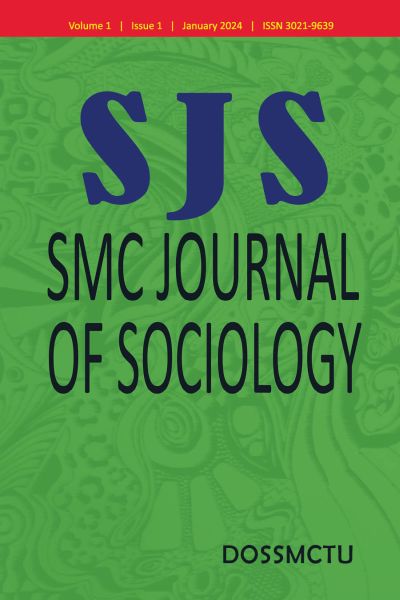Role of Customary Governance in Resource Management of a Legal Pluralist Indigenous Community
DOI:
https://doi.org/10.3126/sjs.v1i1.63807Keywords:
customary governance, Ghenpa, legal plurality, modernization, political changeAbstract
This paper explores the role of customary governance in sustainable natural resources management within a pluralist indigenous community. It employs qualitative research design in which key informant interviews, focus group discussions and observations were used as research tools. It discusses how customary governance has worked for the management of resources of Lowa community, Lomanthang, upper-Mustang. It considers legal pluralism and modernization as major theories to analyze sustainable resource management issues in the community setup. The modern governance system has influenced in effecting customary governance system at all levels including the political-economic. The political influence is made subtly through colonizing tools such as development, education, and modernization. The Ghenpa governance system in Lomanthang has withstood several assimilation processes with state intervention and is now strongly opposing the western type of modernization. Although modernization opened the door of Lomanthang to a wide variety of people from outside, the coexistence and complementary relationship between the state legal system and Ghenpa customary governance kept the legal pluralist indigenous community more intact.




